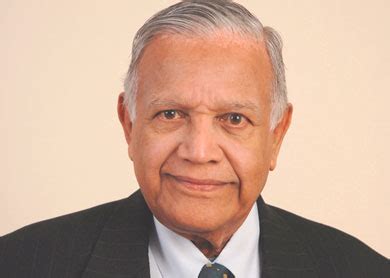A Quote by Hans Blix
For some twenty years the window that opened at the end of the Cold War has been allowed to hang flapping in the wind. It is high time that the five nuclear-weapon states take seriously their commitment to negotiate toward nuclear disarmament.
Related Quotes
We have been led to believe that we have come a long way toward world nuclear disarmament. But that is not the case. Our government is not doing all that it could. We must urge our leaders to fulfill the obligations of the Nuclear Non-Proliferation Treaty. The United States must assume world leadership to end once and for all the threat of nuclear war. It is our moral responsibility.
Negotiations with Iran, especially, will not be easy under any circumstances, but I suspect that they might be somewhat less difficult if the nuclear-weapon states could show that their requests are part of a broader effort to lead the world, including themselves, toward nuclear disarmament. Preventing further proliferation is essential, but it is not a recipe for success to preach to the rest of the world to stay away from the very weapons that nuclear states claim are indispensable to their own security.
But elimination will only happen if all countries - nuclear and non-nuclear states - genuinely work towards this result. Nuclear states must abolish their arsenals, as was indicated by the unanimous opinion of the international Court of Justice, the highest international tribunal. The five nuclear states seem to expect others to refrain from obtaining bombs while at the same time maintaining their own caches of deadly weapons.
The fact that lately some circles, not less powerful by their small size, have been actively promoting certain theories, as dangerous as they are illusory, of a "limited", "winnable" or "protracted" nuclear war, as well as their obsession of "nuclear superiority", make it advisable to bear always in mind that the immediate goal of all States, as was expressly declared in the Final Document of the Special Assembly of 1978, "is that of the elimination of the danger of a nuclear war"





































